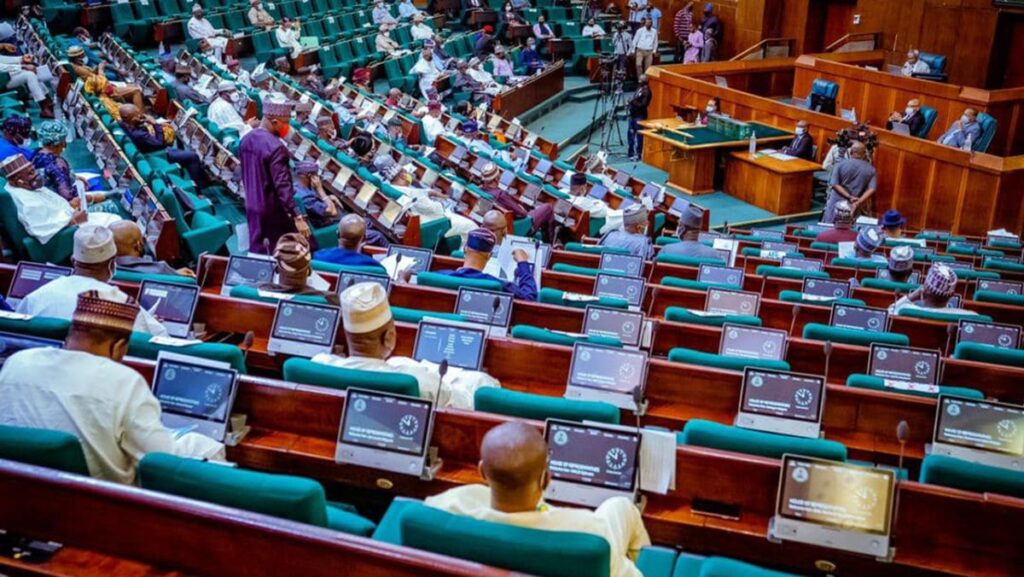In a bold legislative push aimed at revitalising Nigeria’s public education and health sectors, the House of Representatives has commenced deliberation on a bill that seeks to prohibit public and civil servants, along with their immediate families, from using private schools and hospitals.
Titled the Private Institutions and Health Care Service Providers (Prohibition) Bill, 2025, the proposed law, sponsored by Hon. Amobi Ogah (Abia), scaled its second reading during Tuesday’s plenary.
Ogah, addressing journalists after the session, said the legislation aims to eliminate conflict of interest and compel government officials to fix and rely on the very public institutions they supervise.
“The time for us to tell ourselves the truth is now,” he declared. “We can no longer continue to inflict serious damage on the psyche of Nigerians by patronising foreign hospitals and private schools while the public alternatives decay.”
Citing Nigeria’s first-generation leaders like Ahmadu Bello, Nnamdi Azikiwe, Obafemi Awolowo, and Tafawa Balewa—who all attended public schools—Ogah described the current preference for private services among officials as “alien and unwholesome.”
He added that the persistent exodus of public funds through medical and educational tourism has drained the country’s economy, despite the allocation of over ₦1.3 trillion to health in the 2024 federal budget.
“During Buhari’s eight-year administration, Nigerians spent at least $29.29 billion on medical treatments abroad,” Ogah stated.
“In just the first quarter of 2024, another $38.17 million was expended on foreign education. This must stop.”
The lawmaker emphasised that continued reliance on private services by public officials undermines public confidence in government institutions.
“We must restore dignity to our public schools and hospitals. It does not speak well of our country that our presidents and top officials are seen dying in foreign hospitals,” he said.
If passed into law, the bill would mark a turning point in Nigeria’s efforts to stem the outflow of funds from the health and education sectors and restore trust in public systems.
However, the bill faces an uncertain future, given the fate of similar proposals in previous assemblies.
Notably, a bill seeking to mandate Nigerian-trained doctors to practise locally for at least five years failed to pass, as did another seeking to restrict public officials from foreign medical trips.
Still, Ogah remains optimistic. “This bill is about national integrity and sustainability. If our leaders must lead by example, this is where it must begin,” he said.
The bill will proceed to the committee stage for further scrutiny before its third reading.
Do you want to share a story with us? Do you want to advertise with us? Do you need publicity for a product, service, or event? Contact us on WhatsApp +2348183319097 Email: platformtimes@gmail.com
We are committed to impactful investigative journalism for human interest and social justice. Your donation will help us tell more stories. Kindly donate any amount HERE




